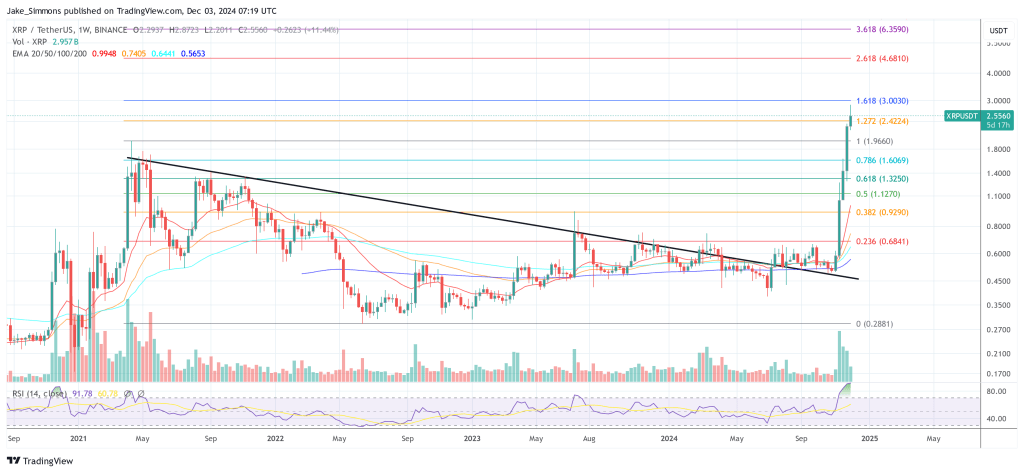A prominent figure in the European crypto scene is calling out XRP, claiming it’s far from the decentralized cryptocurrency it’s touted to be. Justin Bons, founder of Cyber Capital, Europe’s oldest crypto fund, argues that XRP is actually centralized and controlled by a select few.
The Core Argument: Centralized Control Through UNLs
Bons’s main point centers around XRP’s reliance on Unique Node Lists (UNLs). These lists determine which nodes are trusted to validate transactions. He says this system is more like a Proof of Authority (PoA) system, not a truly decentralized Proof of Stake (PoS) or Proof of Work (PoW) system. He emphasizes that while users can choose their UNLs, this doesn’t make it trustless—a key feature of decentralized crypto. If your UNL doesn’t match up with at least 90% of the network, you’re essentially locked out.
The XRP Foundation’s Grip
Bons points out that the XRP Foundation initially controlled the only UNL, making it the default and hardcoded into the system. Even with the addition of a few more UNLs, Bons argues that the Foundation maintains significant influence because:
- These UNLs are largely identical, sharing the same validator sets.
- There are no incentives (like block rewards in PoW or PoS) for running a validator node, making coordination difficult without trust in the Foundation.
- The Foundation can easily change the validator list instantly, potentially censoring anyone who opposes them.
Unfair Distribution and Lack of Incentives
Bons also highlights the initial distribution of XRP, calling it “one of the most unfair ever,” with a massive pre-mine of 99.8%. He notes that since no new XRP is created, all new coins come from the founders, further concentrating control. The lack of incentives for validators means there’s no real push for decentralization.
The Proposed Solution: Embrace PoS
Bons suggests a solution: add a Proof of Stake mechanism to replace the UNL system. This would make XRP more like other decentralized blockchains. He urges the community to seriously consider this, either by accepting the current centralized nature or pushing for real decentralization.
Community Backlash

The crypto community’s response has been mixed, with some vehemently disagreeing with Bons’s assessment. Counterarguments focused on the number of validators and the percentage of agreement needed for control. However, Ripple has yet to officially respond.





